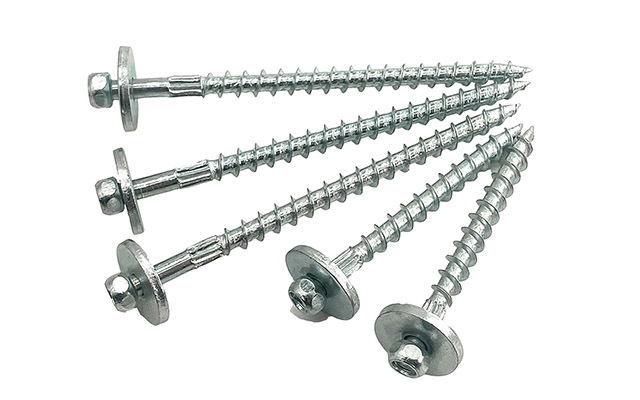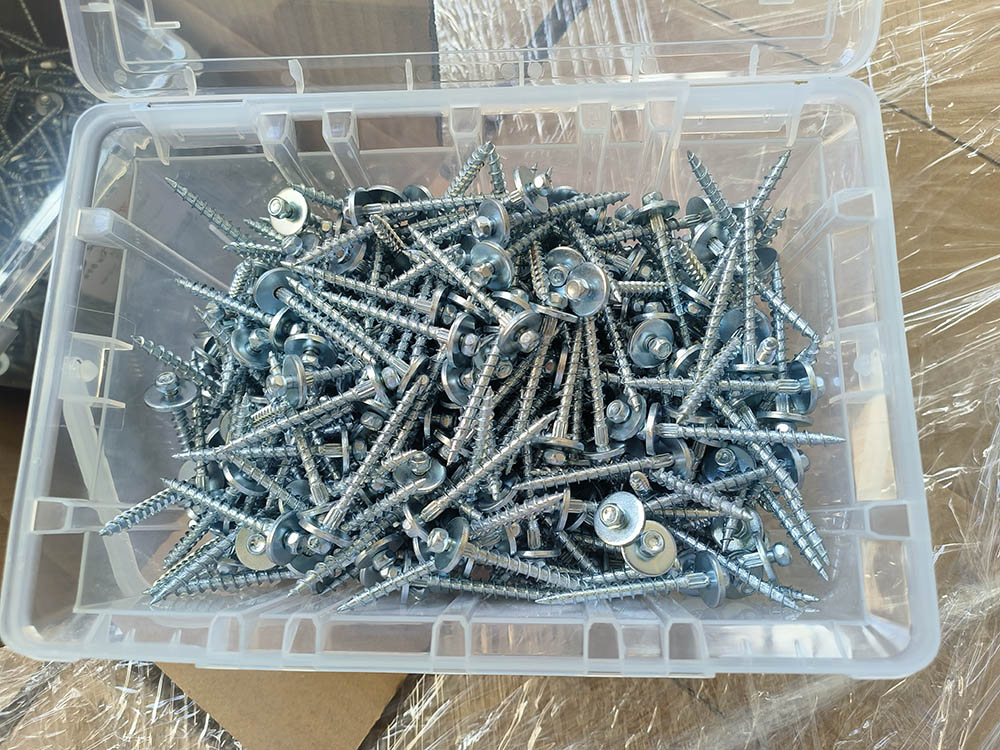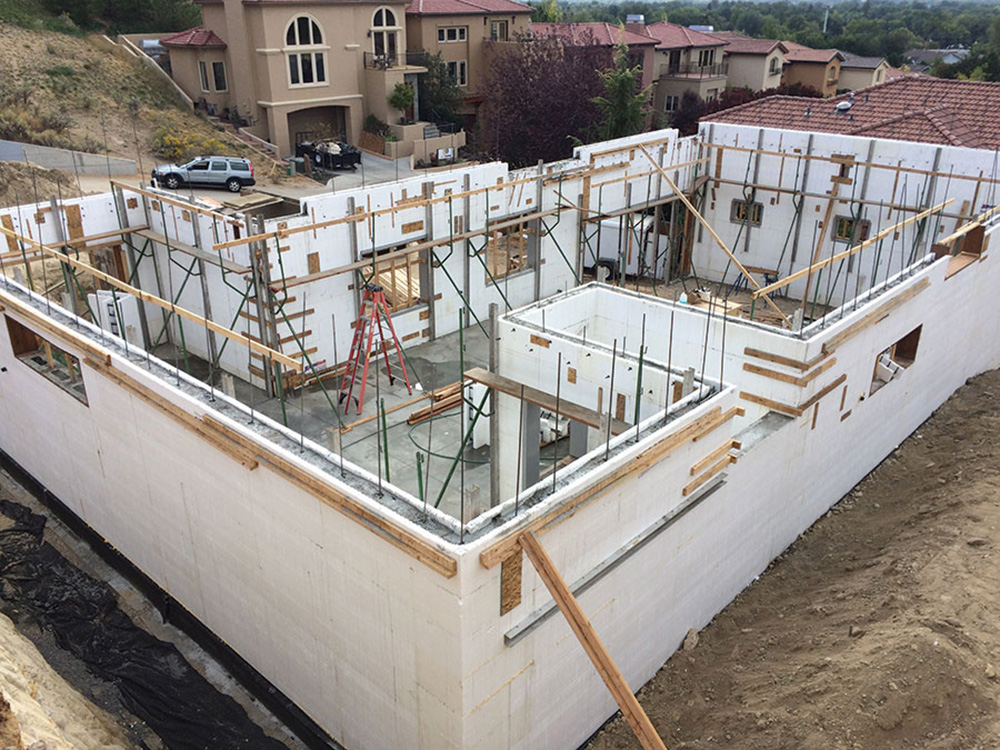
What Size Screw for ICF Walls
Introduction
Ever stand on a jobsite wondering what size ICF screw to use? You’re not alone. Choosing the right fastener may seem minor, but it’s the difference between secure walls and frustrating callbacks. Contractors, builders, and distributors often struggle with Screw Size Options—too short and the grip is weak, too long and you risk damaging the block. Add in different Screw Material Types for ICF Blocks, and the choice gets even trickier.
Why Screw Selection Matters for ICF Walls
The role screws play in securing finishes, furring strips, and structural components
The risks of using the wrong screw size (loose attachments, foam damage, premature failures)
How correct sizing reduces callbacks and improves build quality
Screw Size Options for ICF Walls
Standard Lengths and Diameters
Typical screw sizes used in ICF construction
How to match screw length with wall thickness and material
Project-Specific Size Needs
Residential vs. commercial ICF projects
Load-bearing vs. non-load-bearing applications
Screw Material Types for ICF Blocks
Stainless Steel
Corrosion resistance and durability benefits
Galvanized Steel
Cost-effective option for standard builds
Heavy-Duty Alloy Screws
Ideal for demanding applications and long-term performance
Coated and Specialty Screws
When to use coatings for moisture, salt exposure, or harsh climates

Best Practices for ICF Screw Installation
Proper pilot hole use (when required)
Correct torque and depth control to avoid foam stripping
Tips for spacing screws evenly and securely
Avoiding common mistakes during installation
Tools for Measuring and Installing ICF Screws
Choosing the right driver bits
Using screw sizing charts for accuracy
Power tool settings for consistent results
Measuring depth and spacing with precision tools

